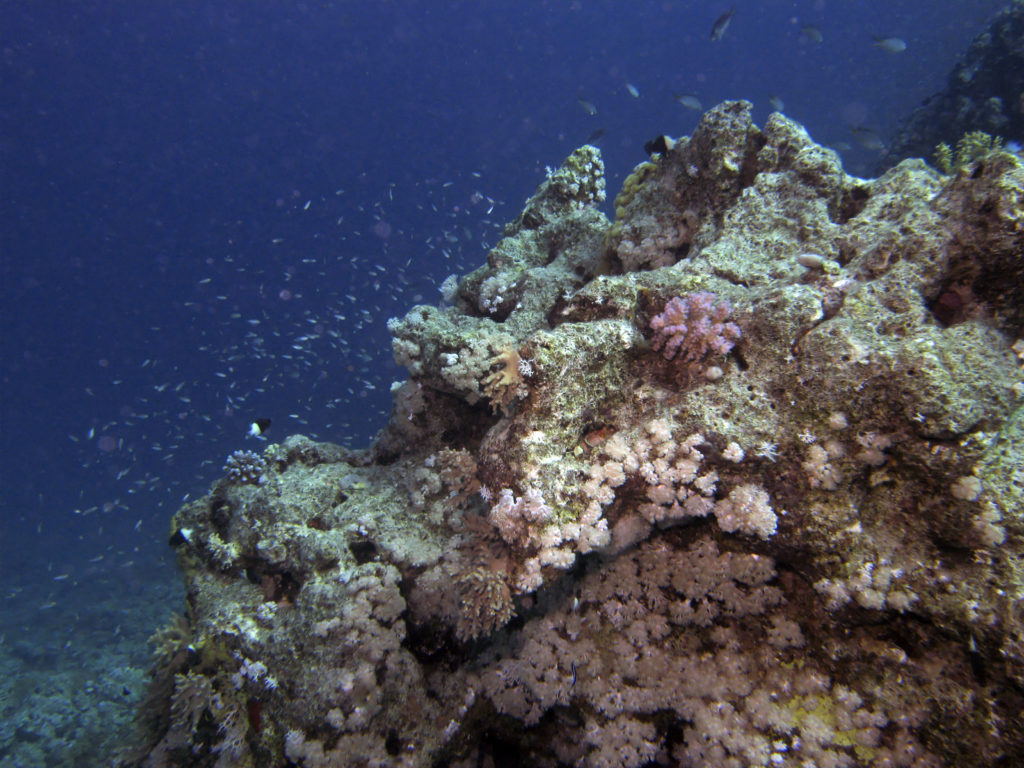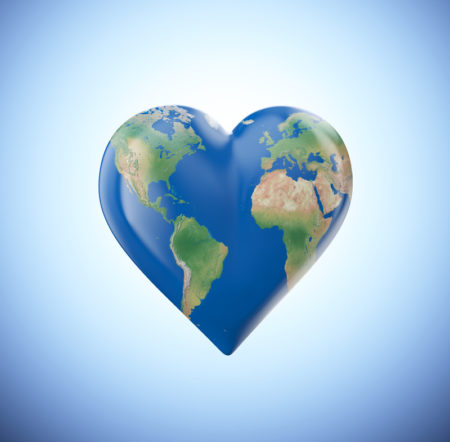Earth Day traditionally calls for people to gather outside to collect garbage, plant trees, clean up beaches and participate in activities to support and preserve the planet. This year most of us will celebrate indoors, thanks to the current pandemic.
50 years marks a golden anniversary but this one is tarnished. It’s more like a midlife crisis.
We can wring our hands in frustration and sadness and complain and debate the situation asking how this happened, but, fundamentally, humans are to blame for endangering the planet and each other’s lives. We became sloppy and careless. Consumerism and corporate profit took precedent over conservation and caring for the well-being of others. You can point fingers this way and that but one will always point back.
We all need to be better stewards of the Earth. And we can. But it is a long-term commitment. And our track record has been more short-term. It’s like having cancer or heart disease. One you are diagnosed you promise to do everything in your power to stay healthy. Some do. But many lapse into old habits. You feel better; you look better; life goes on. And then something snaps again.
Hopefully, this period of social distancing and the reality that the world is in this together will unite us rather than divide us. We want the next generation and those that follow to celebrate another 50 years of Earth Day.

(Source: Secore.org) Photo: © Willi1972 Dreamstime.com
Here are five things you can do now (note to self as well):
Stop wasting food. The USDA estimates at least 30 to 40% of the food supply is wasted. That’s 133 million pounds totaling around $161 billion. Buy less; use less. And repurpose, reuse, recycle.
Reduce plastic use. In 2009, 30 million tons of plastic waste was generated in the U.S.A. (Source and tips for using less plastic: The Green Education Foundation). While you are at it, cut up most of your credit cards and learn to live on less.
Conserve water. Fix leaky faucets. Reduce your shower time and turn off water while brushing your teeth. Americans use an average of 100 gallons of water a day at home. Installing water-efficient appliances and fixtures can help you reduce usage by 30%. (Source: EPA).
Ditch bottled water. Carry a reusable water bottle and drink filtered water from the faucet. More than 100 million plastic water bottles are used worldwide every day. It takes one PET plastic bottle 700 years to start decomposing. (Source: The World Counts)
Reduce paper usage. Paper accounts for 25% of landfill waste and 33% of municipal waste. Since 93% of paper from trees, its manufacturer has a huge impact on deforestation. (Source and more facts: The World Counts). Recycle. Switch to online invoicing and bill payment. Reduce use of paper towels and toilet paper (if you can even find any on the shelves!) Hard as it is to write this as an avid reader and writer: produce less paper and buy less paper.
Educate and advocate. Start with reading “13 Daily Habits of Human Beings That are Slowly Killing the Environment (Source: Conserve Energy Future).
We can all do better for a better world.










